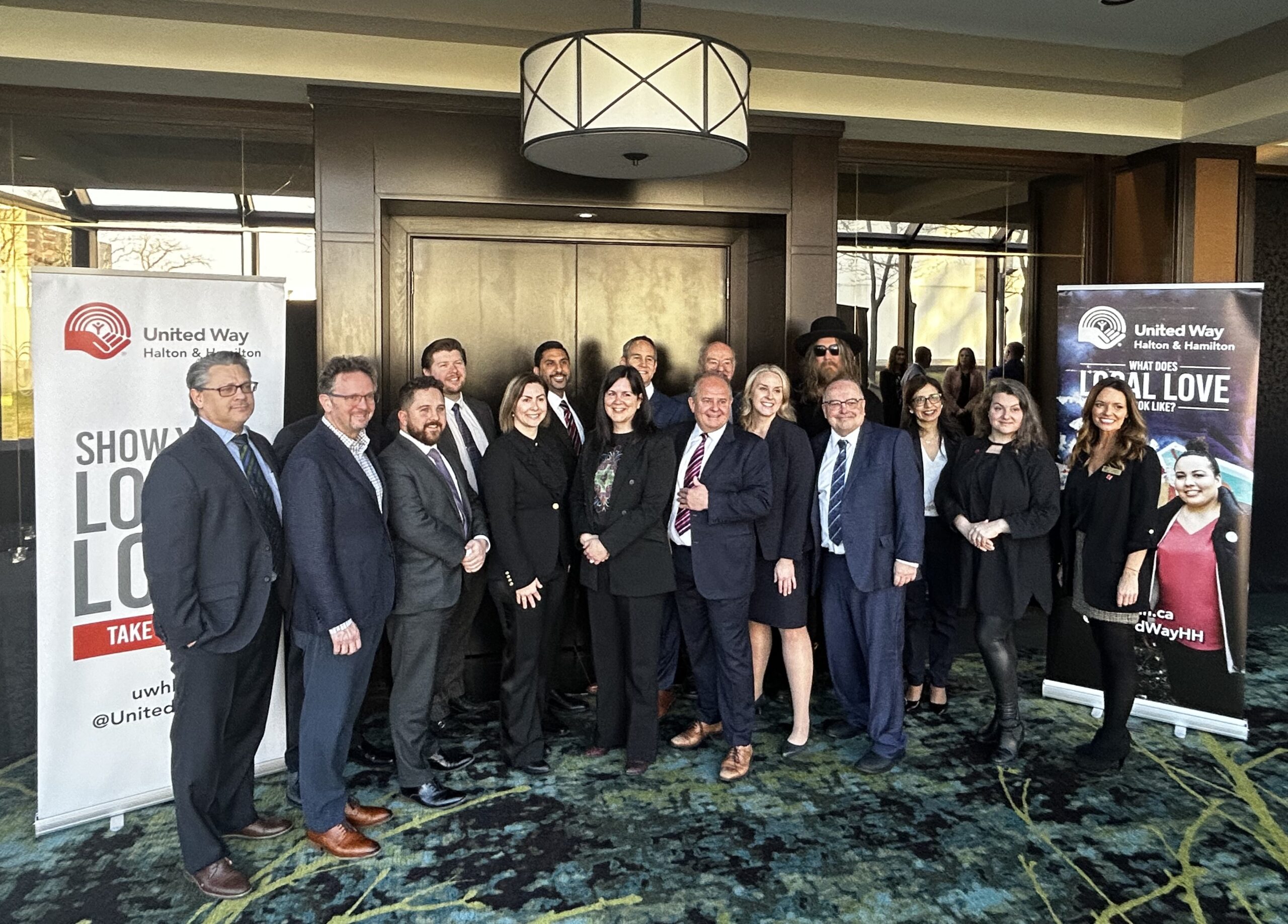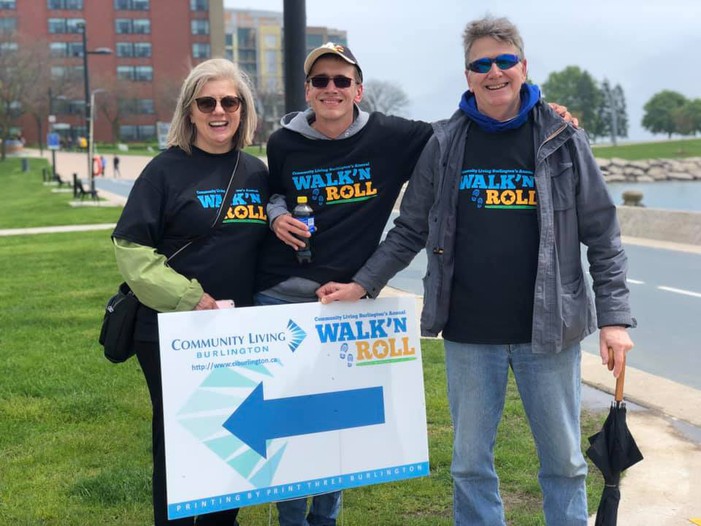By Caroline Pigott
Many of us set goals we know would have a positive impact on our overall lives, yet lose the stamina to attain them. We find ourselves unable to focus and follow through on the very things we know we desire the most.
A key reason why it may be difficult to attain what we say we want is that we’re exhausted! We live in a go, go, go society where being busy is almost a badge of honour. Many of us are continually preoccupied with one thing after another, squeezing in whatever we can, and answering the common question “How are you?” with “So busy!”
Sound familiar?
Interestingly, feeling busy can actually have positive impacts on our brain health. In fact, a study shared via The Frontiers in Aging Neuroscience examined the relationship between busyness and cognition in adults aged 50–89. This study concluded that middle-aged and older adults who reported high levels of busyness tended to have better cognitive abilities than less busy adults.
This may not be news to those of us exhilarated by a packed calendar. But what about the type of “busyness” that leads to exhaustion?
When we feel drained of energy, we tend to make poor choices or lean toward decisions that don’t support the steps that ultimately lead to what we say we want to achieve.
You could very well be in a time of your life where obligations and feeling the resulting low-energy from them are hard to avoid; kids’ extracurriculars, work meetings, errands, and so on aren’t easily erased from the calendar. But there are ways to ensure those obligations aren’t impacting the decisions you make towards the life you truly want moving forward.

First, understand why exhaustion impacts your decision making
When a lack of energy prevents you from taking action and making forward-moving choices, step back and give yourself some grace. A lot of the reason for that inaction begins in your brain. Let’s explore some of the science behind what’s keeping you stuck.
Research has shown that exhaustion can impair our cognitive abilities, including our ability to make sound decisions. When we’re tired, our brains have a harder time processing information, and we’re more likely to make mistakes or overlook important details. This can lead to poor decision-making, which can have serious consequences in both our personal and professional lives.
One reason why exhaustion impacts our decision-making and overall choices is that it affects our prefrontal cortex, the part of our brain that’s responsible for executive functions such as problem-solving, and self-control. When we’re tired, the prefrontal cortex becomes less active, making it harder for us to determine the best course of action.
Exhaustion also affects our emotions. When we’re feeling drained, we’re more likely to experience negative emotions such as frustration, irritability, and impatience. These emotions can cloud judgement and make it harder to make rational, objective decisions.
Human brain aside, how can you begin taking ownership of the “busyness” and resulting low energy, and land on decisions that support your goals?
Become aware of the activities decreasing your energy
First, become aware of the activities that increase your energy and the activities that deplete your energy. Not everything on your calendar will lead to feeling worn out. Bringing awareness into your consciousness allows you to begin understanding what you’d like to do more of and what you’d like to do less of.
Of course, there are going to be obligations you cannot say no to yet. But knowing where the exhaustion is coming from will help you know how to balance those activities out by adding in more things that do increase your energy.
For example, you’d like to lose 10 pounds but the standing Monday morning meeting leaves you feeling completely exhausted and ready to reach for a donut. What can you reach for instead that will increase your energy? Consider a post-meeting activity like taking a walk or a snack like an apple and nut butter to help balance things out instead.
In other words, follow energy-depleting activities with activities that lift you up!
Being mindful of what occupies your time and energy is key. But it’s important to go deeper than being aware of what’s causing you to make poor decisions and stalling you from reaching goals.

Honour your “yeses” and “nos”
By honouring what you say yes and no to, you are honouring your personal boundaries. And the boundaries you set create the foundation for more positive energy. Practice saying “no” to the requests, invites, and non-obligatory activities that leave you feeling drained.
For example, if you normally say yes to happy hour drinks with co-workers and now realize your quality of sleep is often impacted afterwards, consider declining some of the invites in favour of a more restful evening.
Simplify your decisions
Sometimes, decisions can feel overwhelming, which can feel exhausting, especially for big decisions that could lead to a life-changing result! If this is the case, break down the decision like you would break down a big goal. Think of it instead as a micro-decision. What small step can you take that won’t have the huge impact you envision, yet will allow you to move forward?
For example, you need to decide on childcare for your toddler. You’ve interviewed several daycares and nannies and now your head is spinning because you can’t decide! Instead of making this big decision right now, make a micro-decision by reframing how you will choose. Try asking yourself who you know you don’t want to go with instead of immediately trying to choose you who do want to care for your child. Answering this question will help you begin deciding in a more manageable way.
Feeling tired, over-extended, and overwhelmed can have a serious impact on the decisions that support who we want to be and where we want to go in our personal and professional lives. By understanding the science behind exhaustion and decision-making, practicing self-compassion, and taking the steps to improve our awareness around the activities that fill up our calendars, we can make better choices and live more fulfilling lives.
Sources:
Festini, S.B., McDonough, I.M., and Park, D.C. 2016. The busier the better: greater busyness is associated with better cognition. Frontiers in Aging Neuroscience 8: 148.
Caroline is a certified health and life coach who helps women strengthen their intuition, increase confidence, and make better decisions to improve their careers and life. You can find her on Instagram instagram.com/iamcarolineelisabeth or her website buildyourbrilliance.com.




